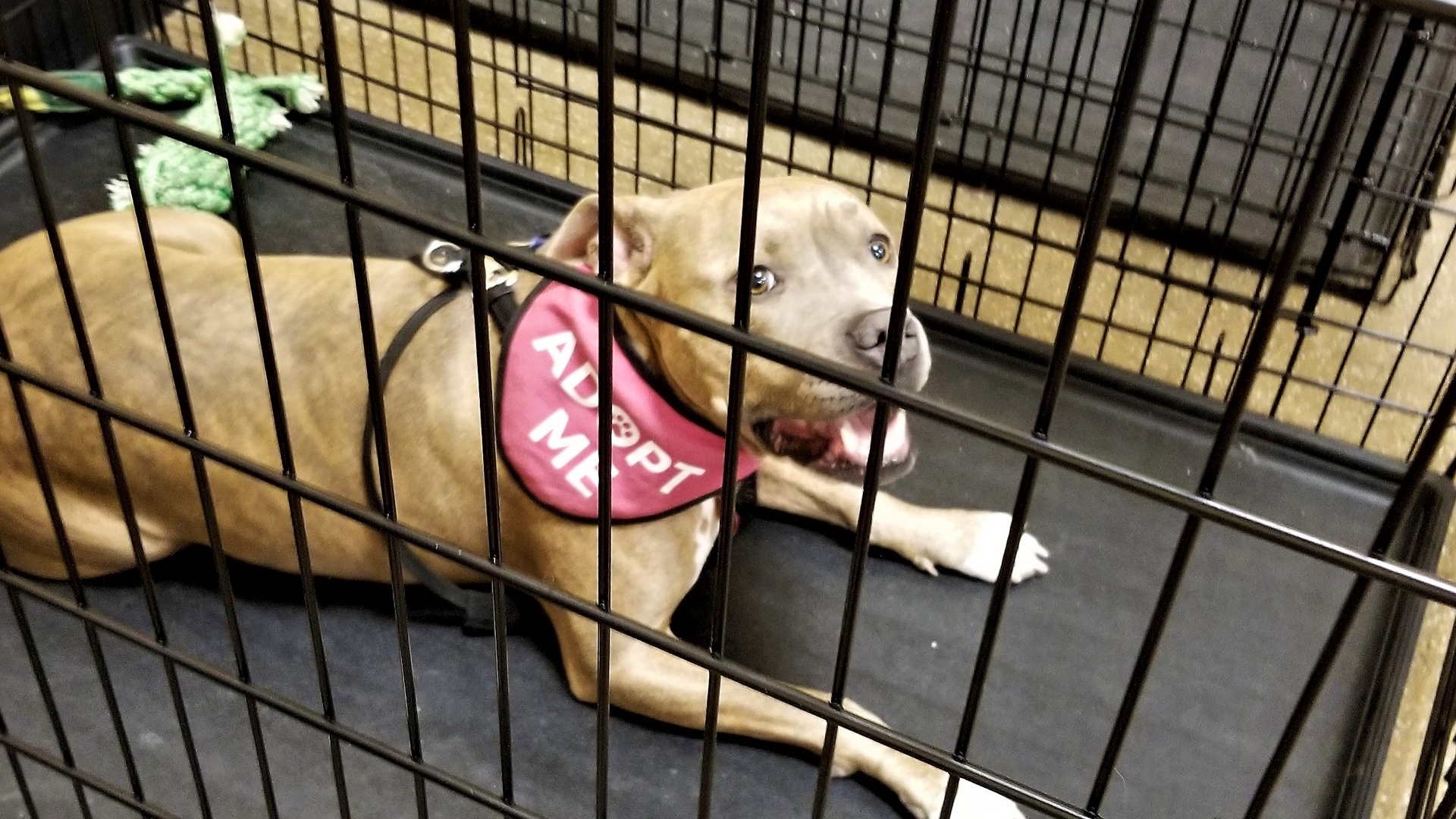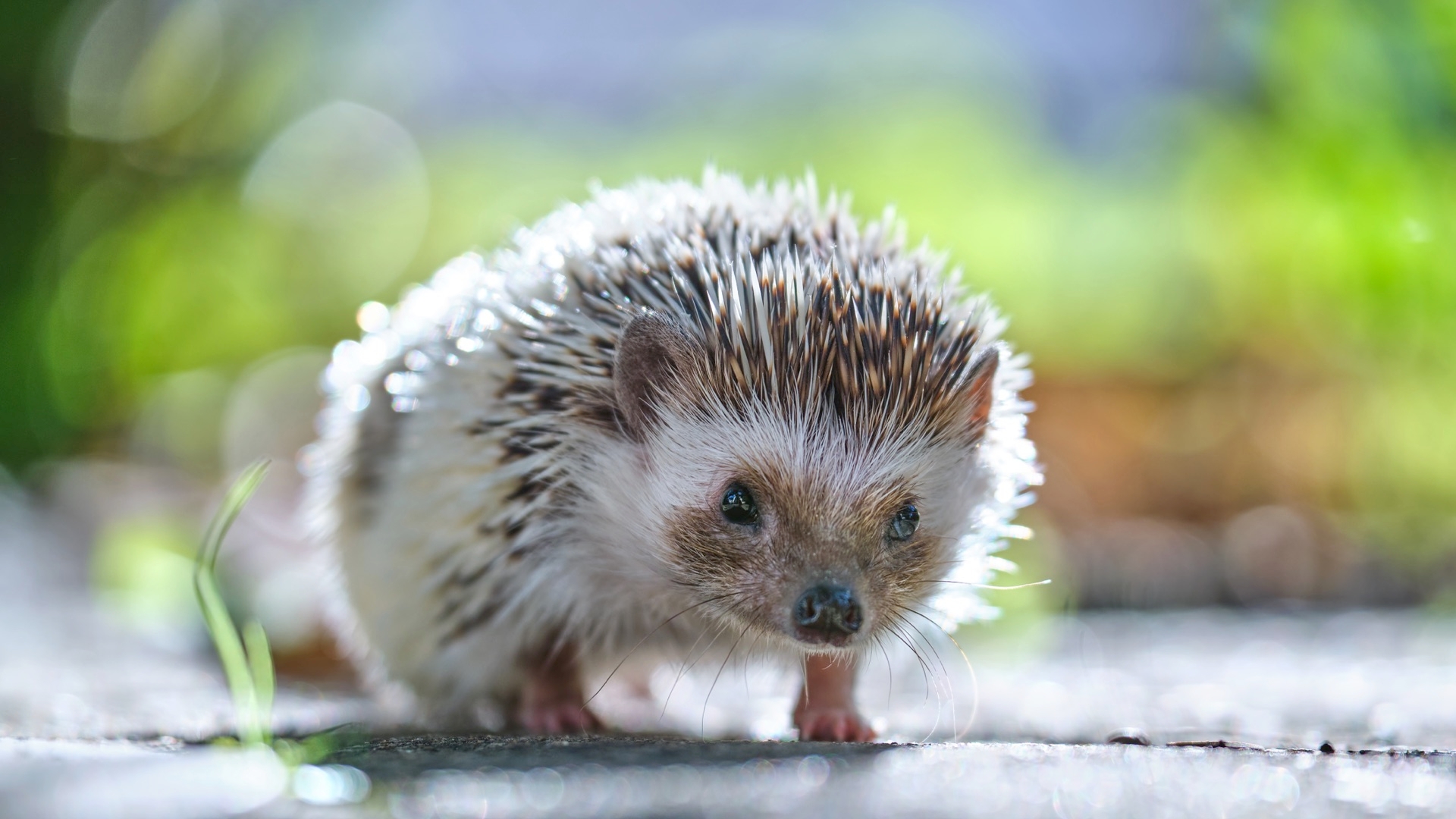Pet Adoption:
The tag "pet adoption" relates to: cat, dog training, feline, health, kitten, pet care, pet health, pets, portland, and reptile. For more tags, view our complete tag index.
The following blog entries have been tagged "pet adoption".
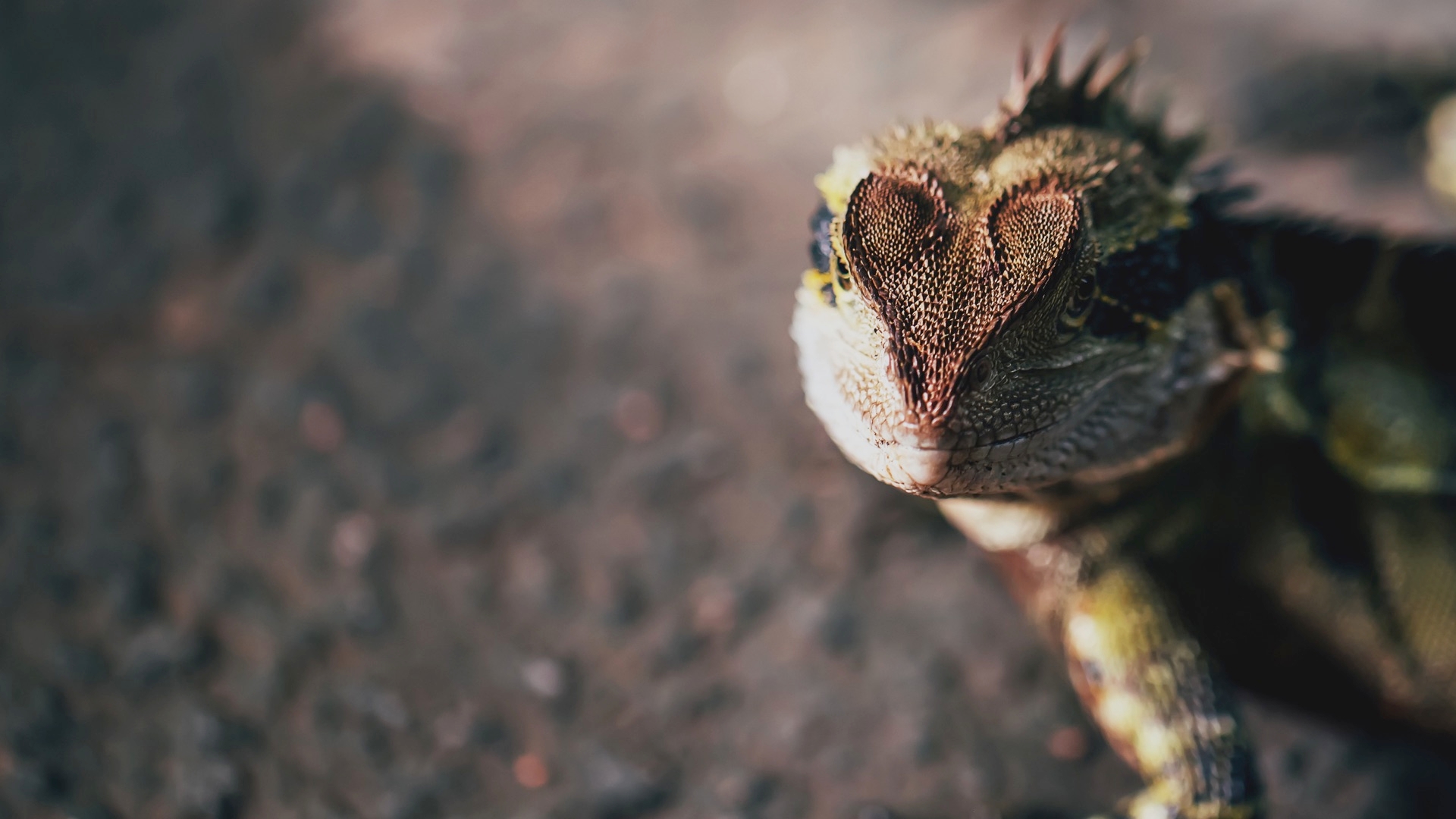
Millions of households in the United States own at least one reptile (like a turtle, lizard, or snake) or amphibian (like a frog, salamander, or caecilian). Although reptiles and amphibians can make interesting and entertaining pets, it's important to be aware that they sometimes carry germs that can make people sick.

Pets, whether covered in fur, feathers, or scales, are an important part of our lives—most American households own at least one pet. Many people see their pet as a member of the family that brings joy and amusement to their life. However, pets come with their own health risks, and while trhe risk for most people is low, here are four (4) tips that will keep you healthy around your pets.
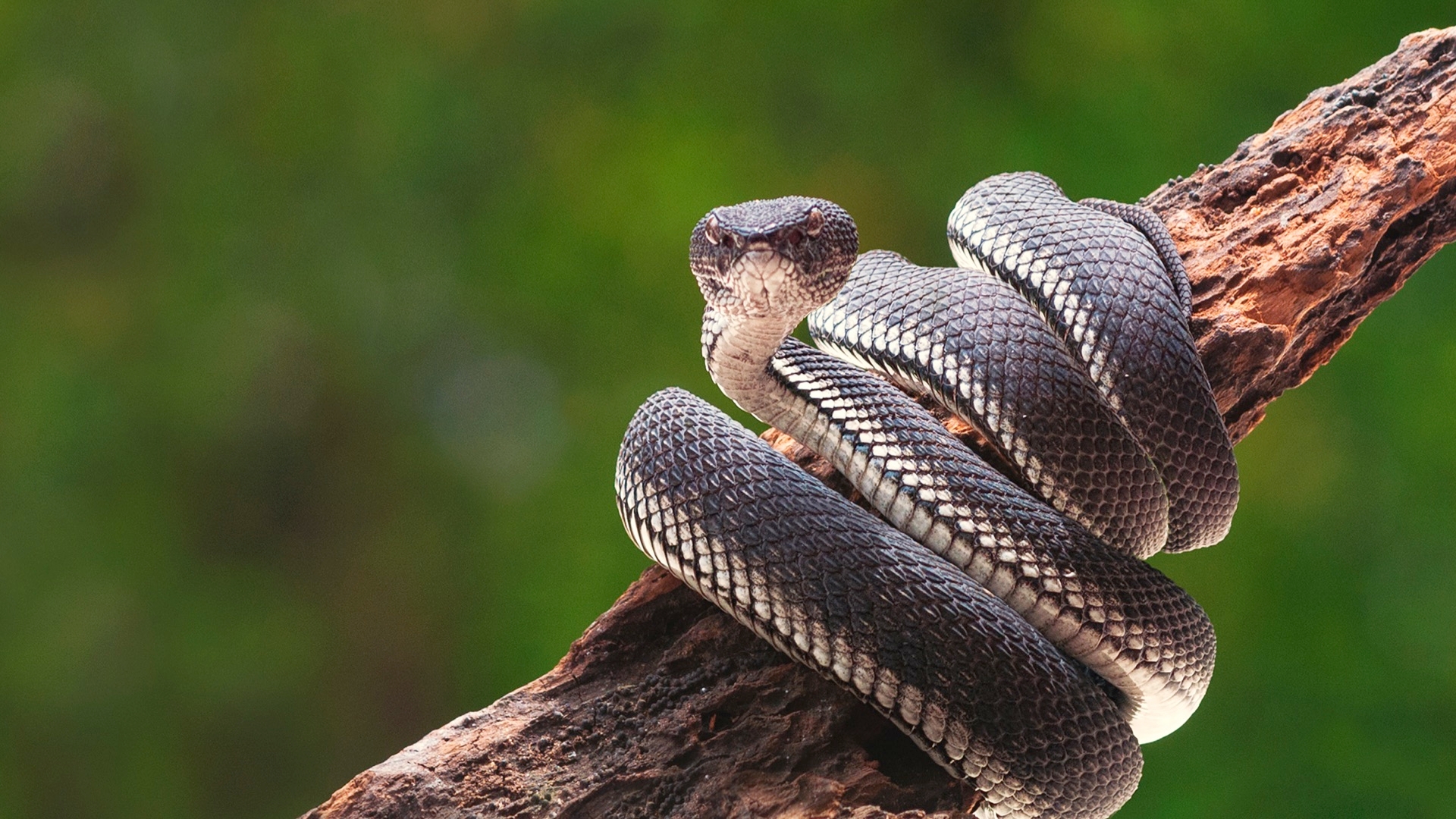
The CDC does not recommend keeping venomous animals as pets or in household settings. While that seems like commonsense, there are still people who disagree. If you are keeping a venomous animal then it's important you understand the risks, and how to respond if you are bitten or get venom on your skin.
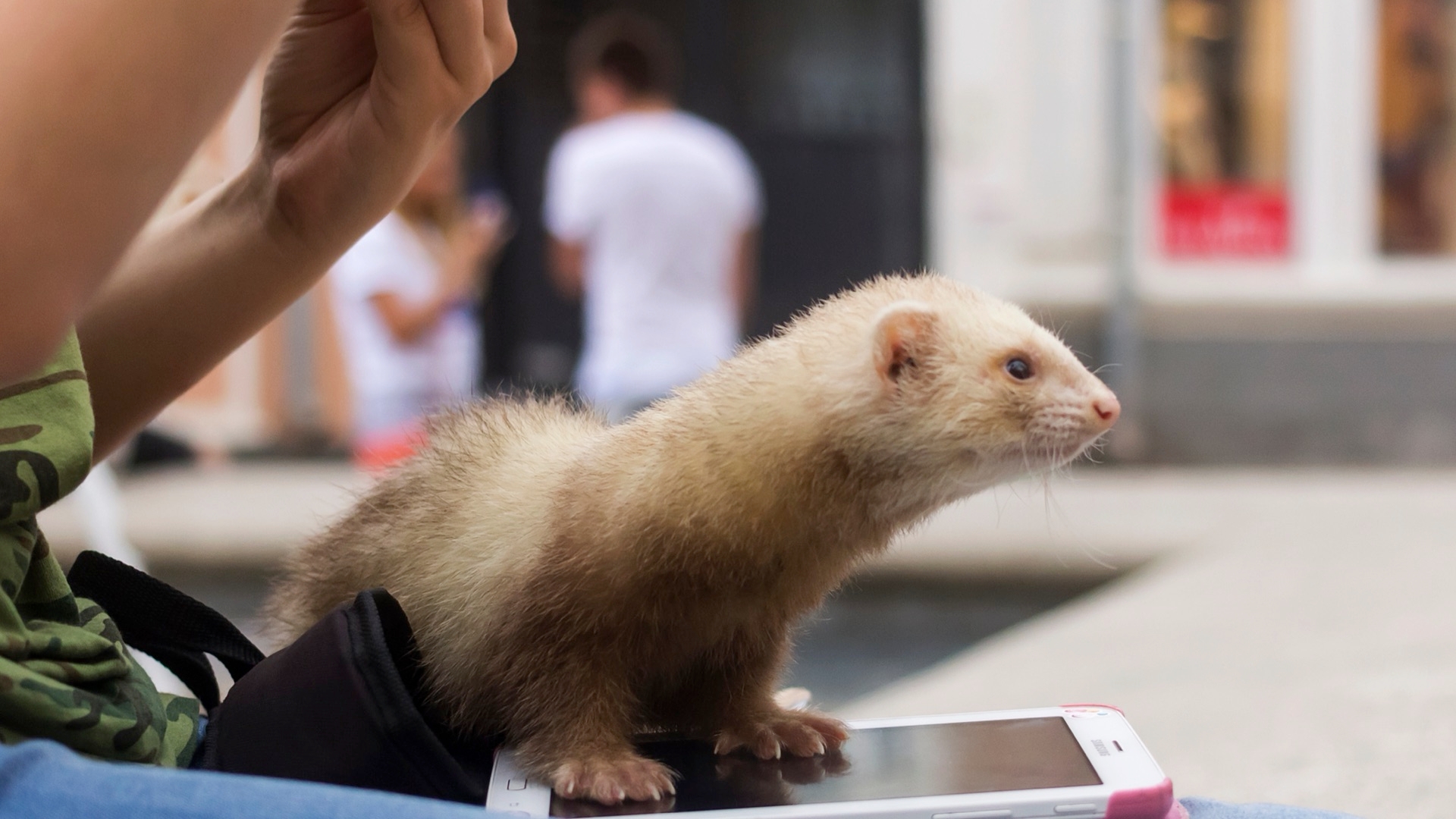
Ferrets have become common household pets in the United States, however ferret owners should be aware that although ferrets can make good pets, they can sometimes carry germs. Although rare, germs from ferrets can cause a variety of illnesses in people, ranging from minor skin infections to serious illnesses.
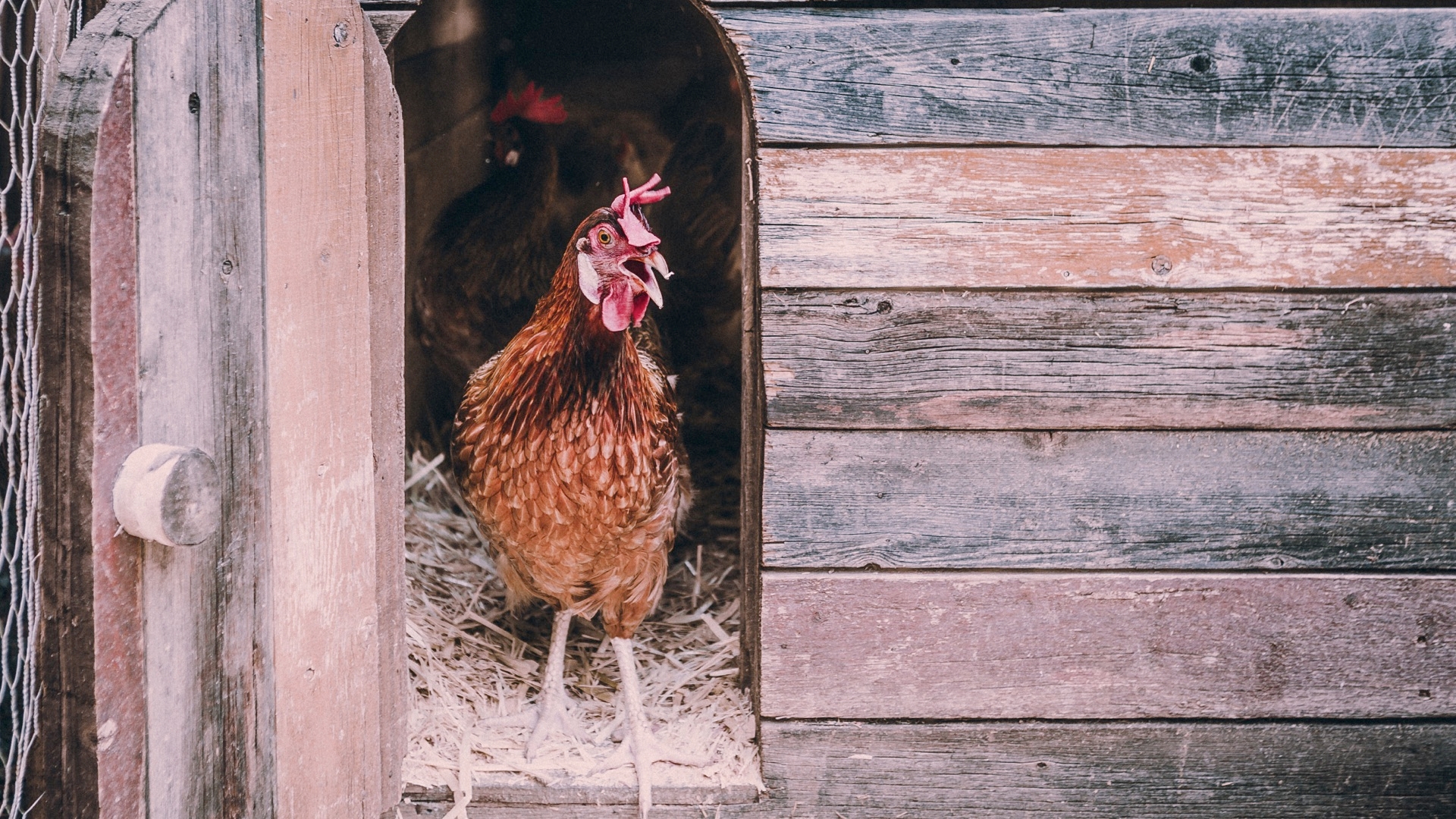
Keeping backyard poultry (chickens, ducks, geese, guinea fowl, and turkeys) is becoming more popular. People enjoy raising baby poultry including chicks, ducklings, goslings, and poults. Many people keep chickens to have fresh eggs. Although keeping backyard poultry can be fun and educational, owners should be aware that poultry can sometimes carry harmful germs that make people sick.
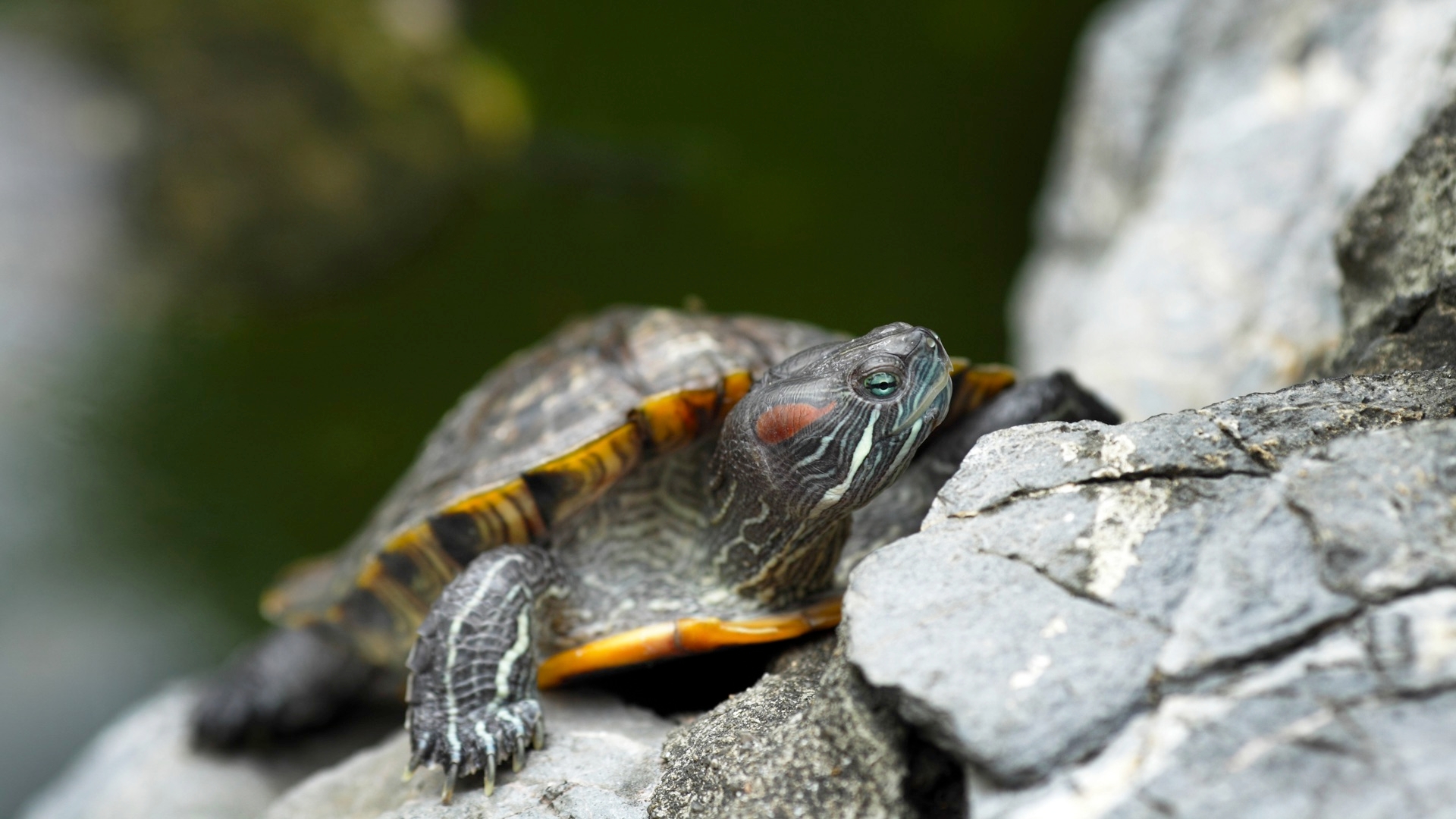
Turtles commonly carry the Salmonella bacteria on their outer skin and shell surfaces. Reptiles like bearded dragons and geckos can also infect people with Salmonella. These little glassy-eyed creatures may look cute and harmless, but small turtles and reptiles like bearded dragons and geckos can make people very ill.
